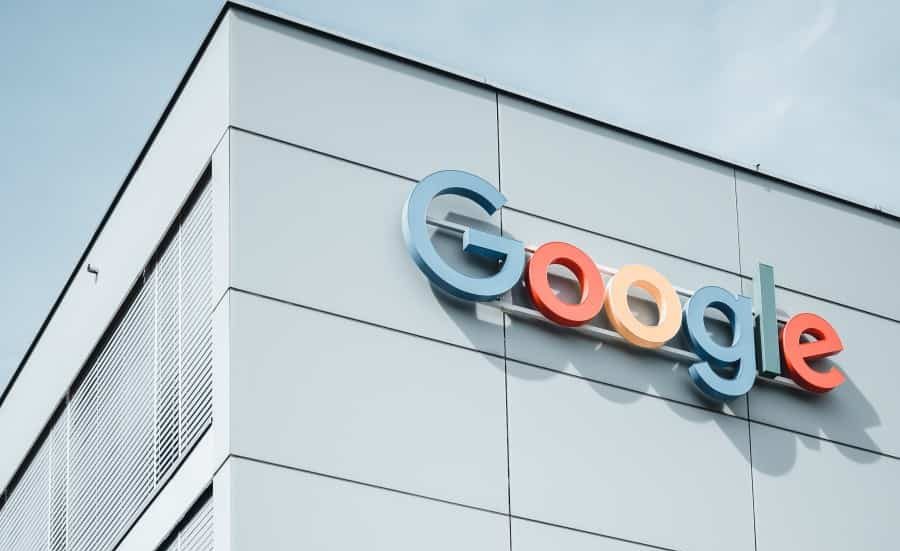Despite seeing Apple get hit for its 30% App Store tax, Google still wants to follow the tech giant’s footsteps. Google has explained its billing system for paid apps on the Play Store.
The Google Tax
In a blog post, Google says developers with apps on the Play Store have until September 30, 2021, to comply with its billing system. Gizmodo adds that this deadline means developers have one year left to receive direct payments from users before they have to pay 30% to Google. Moreover, Gizmodo says the Google tax might roll out at the same time as Android 12.
Google takes an Apple approach to Android apps, will require 30% cut of Play Store revenue https://t.co/IOr8EGmPbQ pic.twitter.com/NaAVBBtL4f
— Gizmodo (@Gizmodo) September 29, 2020
Who Would Pay the Tax?
In the same report, Gizmodo says that the one-year grace period applies to businesses that had to go fully online because COVID-19 shut down their physical stores. Google also plans to support developers who want to get their apps on multiple stores and multiple platforms.
If your app already runs Google’s billing system, the company now requires you to use it for new apps or downloads. You should also use the system to charge users for in-app purchases. However, apps used for money transfers, like Venmo, are exempted. These new rules take effect on January 20, 2021.
Google and the Apple Tax
Despite the billing system, Google says that it still wants to support Android’s open API platform. For example, users should freely choose developers for their “default messaging, keyboard, phone dialer, or other apps.”
You also don’t need to upload apps to the Play Store if you want them on Android. For example, the Android version of Fortnite is not on the Play Store, but you can get it from Epic Games’ website or Samsung’s Galaxy App Store.


